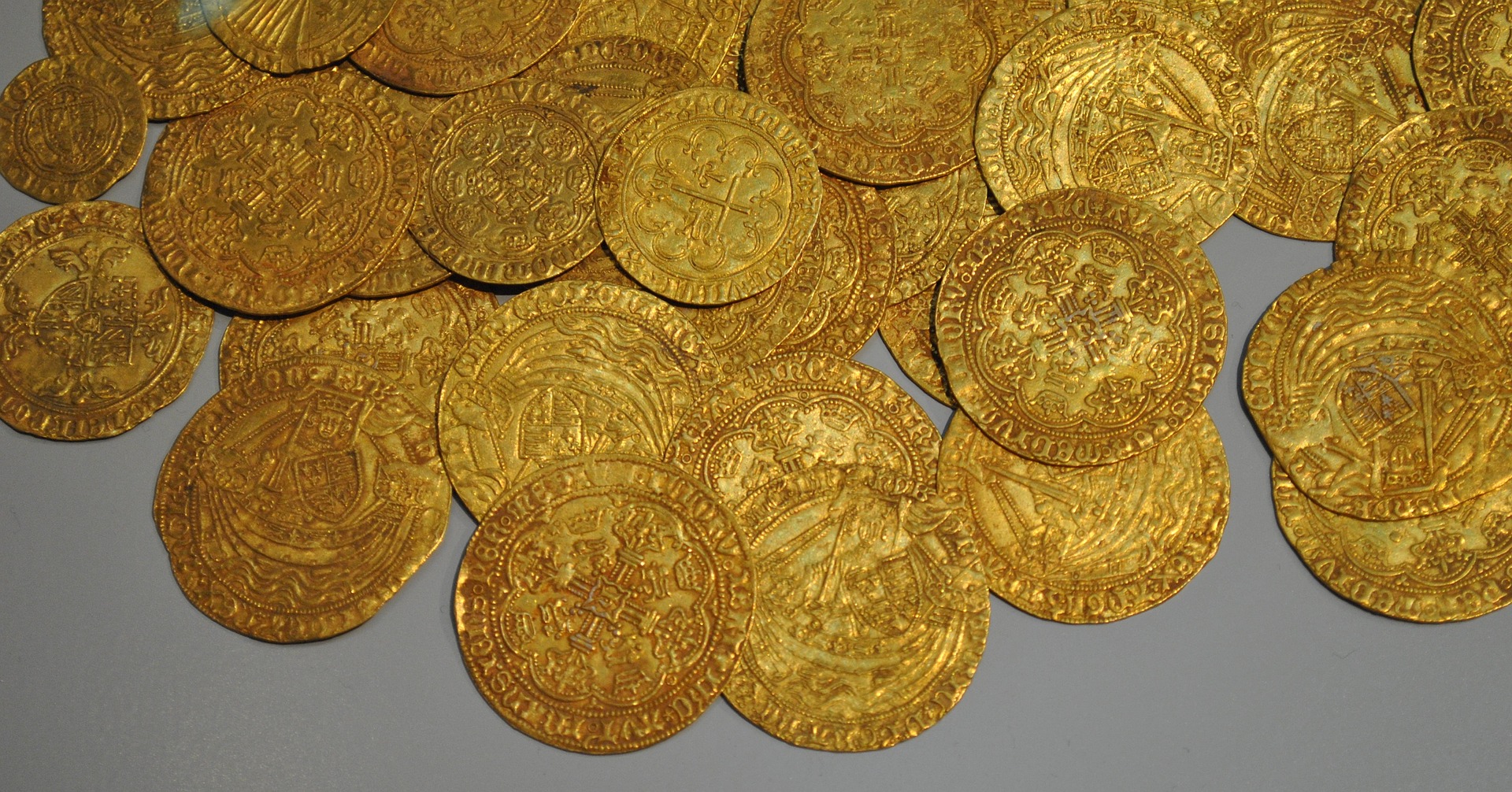If you’ve been paying attention to the news lately, you’ll know that gold is making headlines. When countries face crises, consumers and the governments alike turn to gold to hedge.
The pandemic is causing governments to spend like drunken sailors, especially the United States government. This spending spree is affecting the dollar and may continue to do so in the foreseeable future.
To buy gold, investors need to find a reputable dealer. Most consumers have no concept of how to find one. Perhaps they know an experienced investor in the gold market. If not, they are on their own.
Even when they find a reputable dealer, they’ll need to store the gold, which could add to the costs. Storing several bars of gold in a basement is not the safest method for obvious reasons.
Investors can turn to exchange-traded funds (ETF) that track gold. The most liquid of these is SPDR Gold Trust (GLD), which is part of the SPDR family of ETFs.
This solution seems to address the problems associated with finding reputable dealers and storing the gold after purchase. However, all that glitters is not gold, at least in the ETF world.
Unlike many ETFs, gold ETFs are structured as trusts. The GLD trust buys gold to help keep its valued pegged to the metal. However, most investors in the trust are not eligible to redeem their shares for gold. This is reserved for select individuals who meet stringent requirements.
Even for these select individuals, the trust reserves the right to redeem the value of their shares in cash.
Beware counterparty risk
Another issue with gold ETFs is counterparty risk. Trusts are usually managed by banks acting as custodians.
For GLD, this custodian bank is HSBC. This is a well-known bank, which provides a sense of security that all is well with their investments. However, HSBC has had a rather shaky past.
It has run afoul of money laundering rules, for instance. This is not the type of news investors want to hear about a bank acting as a custodian for their gold.
In times of crisis, banks are often at the heart of them. Consider Lehman Brothers during the 2008 financial crisis. Investors risk not being able to take delivery of assets as a result.
Instead of buying the GLD directly, aggressive investors can turn to the options market. As the options market is regulated the trust cannot manipulate the outcomes of the options traded.
Even though the price of the options is derived from the stock, the losses incurred would be much less for options if financial shenanigans are at play with the trust.
Investors can also buy puts as protection. Again, the counterparty risk is negligible for options as the exchange must make good on delivery.
Of course, the options exchanges only guarantee delivery of the underlying stock, which would be the trust. Options markets cannot ensure the viability of stocks that underlie those trades.


